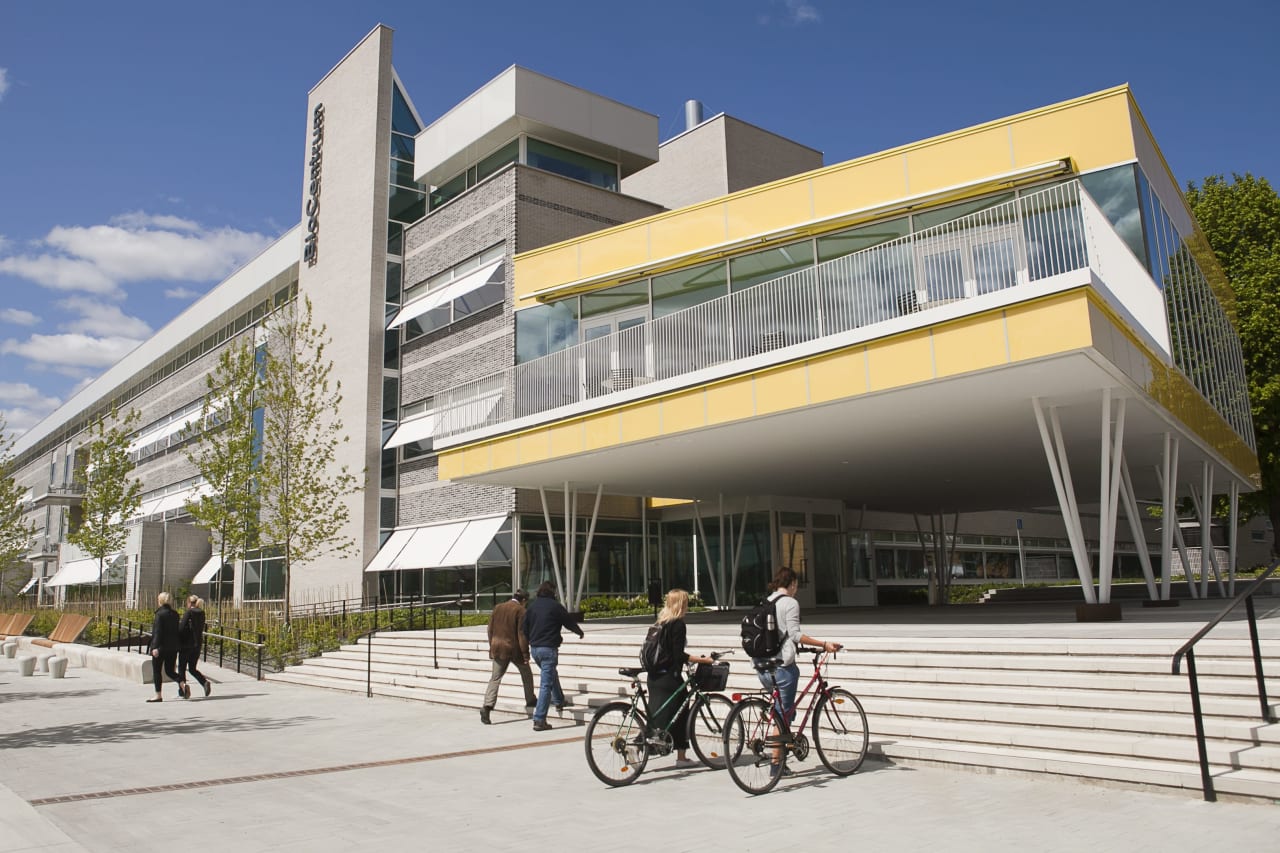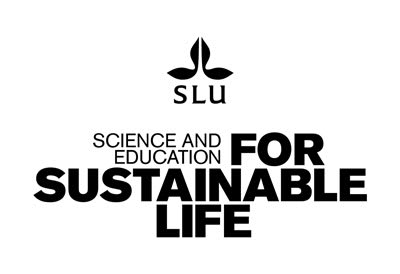
Masters in Environmental Communication & Management
Swedish University of Agricultural Sciences

Key Information
Campus location
Uppsala, Sweden
Languages
English
Study format
On-Campus
Duration
2 years
Pace
Full time
Tuition fees
SEK 125,000 / per year *
Application deadline
Request info
Earliest start date
Sep 2024
* Citizens of countries outside the EU/EEA and Switzerland are required to pay application and tuition fees.
Introduction
MSc with a major in Environmental Science
Welcome to a Master’s degree that will help you to understand and manage different types of communication processes in the area of environmental and natural resource management.
The management of environmental and sustainability issues requires communication and collaboration among many different actors in society. Through communication, different and often conflicting perspectives come together to address questions like what is a sustainable society, how should wildlife be protected, which environmental actions should governments prioritize?
You will learn how to work with communication, facilitate dialogue and analyse governance processes; all of which are key competences for the management of environmental and sustainability challenges. Writing is an important component of the programme.
Diversity is a strong feature of this programme and your fellow students come from many different countries, speak a wide variety of languages and have a variety of educational backgrounds such as natural science, social science and technology.
As a Master’s graduate in Environmental Science you will have the knowledge required to work with environmental communication, both locally and globally, possibly as an environmental coordinator or officer, a facilitator of dialogue and conflict management or as a researcher in environmental sciences.
Admission requirements
Equivalent to Bachelor’s degree of 180 Credits including 90 Credits in one of the following subject areas:
- Natural Science
- Technics
- Social Sciences. (ie Sociology, Psychology, Economics, Political Science, Human Geography, Media)
This programme is taught in English. The applicant must further have a level of English equivalent to upper secondary school English, called English 6.
Program content
In the ECM program we learn to organize and carry out communication and conflict management in the environmental and natural resource management area. Environmental communication is a truly interdisciplinary field of studies, involving theories and methods from sociology, social psychology, political sciences, media and communication, and with a continues reference to environmental- and natural sciences. In the ECM program we start with basic questions about humans, communication, society and nature: Why do environmental problems occur? What motivate humans to act environmentally destructive or friendly? To what extent can improved communication quality contribute to sustainable development and how can this high-quality communication be reached?
In the next phase of the ECM program, we learn about methods for organizing natural resource management in a constructive, collaborative, participative and democratic way, involving experts, politicians and local actors in a dialogue for learning and decision-making. We also learn about how to organise and pursue conflict management in natural resource issues and practice to play an active role as mediator in NRM conflicts. In this period we also learn about project management and how to coordinate competence and resources in a project. In the end of the first year we go deeper into communicative strategies, developing skills to plan and organise communication campaigns and interventions.
In the second year of the ECM program we focus on planning and carrying out investigations of environmental communication, both as a preparation for the master thesis and as a preparation for working life, were evaluations of environmental communication and investigations of situations in which to intervene is an important task. We learn how to formulate questions for the investigation, to organise the study, to do interviews and observations in a valid way and to analyse and draw conclusions from your study. The last semester of the ECM program is dedicated to writing a master thesis, an independent work of relevance for environmental communication. The thesis can be carried out in combination with an internship in an environmental communication relevant organisation.
Tuition
Tuition Fees: Only citizens of countries outside the EU/EEA and Switzerland are required to pay application and tuition fees.
First semester: SEK 62,500
Total: SEK 250,000
Qualification
Degree of Master of Science (120 Credits) with a major in Environmental Science.
Career paths
When graduated from the ECM programme there are good opportunities for being employed in private companies, consultancy offices, governmental institutions or non-governmental organisations. We can, based in our knowledge about the career of former students, identify four different categories of working tasks:
- Environmental officer: Your task is to monitor environmental consequences of other actors’ action and behavior, to take decisions about permission and sanction and to explain your decision to the stakeholder, and to give advices.
- Environmental coordinator: Your task is to plan, organize and pursue communication in order to create environmental change. You investigate people’s motivation; you create information material and organize dialogue with stakeholders. You evaluate process and result of environmental communication.
- Facilitator of dialogue and conflict management: Your task is to organize dialogue between stakeholders with different views, needs and interests. You are able to help actors involved in conflict to improve their communication with each other.
- Researcher in environmental communication/sciences: Your task is to organize and pursue scientific studies of environmental communication. You organize investigations, write research reports and apply for research funds.
Program Language Requirements
The TOEFL iBT® test is accepted by 11,500 universities and higher education institutions in over 160 countries. Book your test today!
Sponsored partner